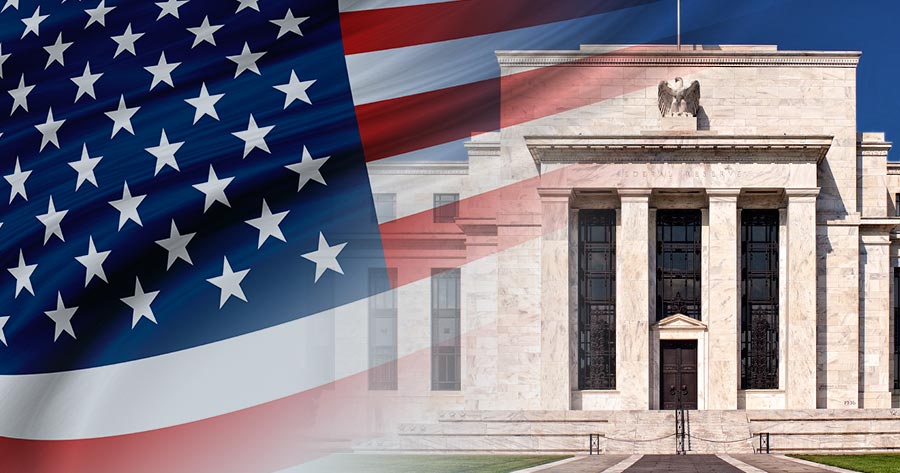The S&P 500 ended lower on Tuesday, snapping a run of record gains amid rising concerns over the longevity of the artificial intelligence-driven market rally and the comment of Fed’s chairman that stocks were fairly valued.
The Dow Jones Industrial Average edged down 88.76 points, or 0.19%, to finish at 46,292.78. Meanwhile, the index slipped 0.55% to close at 6,656.92, after earlier hitting a new all-time intraday high and following a record close on Monday. The Nasdaq Composite shed nearly 1%, closing at 22,573.47, pressured by declines in heavyweight technology and AI stocks such as Nvidia, Oracle, and Amazon.
Federal Reserve Chair Jerome Powell on Tuesday addressed the issue of elevated asset prices, a category typically encompassing equities and risk assets. In remarks delivered in Providence, Rhode Island, Powell responded to questions regarding the Fed’s focus on market valuations, stating, “We do look at overall financial conditions, and we ask ourselves whether our policies are affecting financial conditions in a way that is what we’re trying to achieve.” He added, “By many measures, for example, equity prices are fairly highly valued.”
Investor optimism had surged in the lead-up to last week’s Federal Open Market Committee meeting, with markets increasingly confident that the Fed would lower its benchmark rate. Following Wednesday’s 25 basis point rate cut, equities rallied to fresh highs. However, Powell indicated that while markets adjust expectations based on central bank communications—particularly around rate trajectory and implications for mortgage rates—financial stability risks remain limited, saying this is “not a time of elevated financial stability risks.”
“Markets listen to us and follow and they make an estimation of where they think rates are going. And so they’ll price things in,” said Powell.
Major indices moved into negative territory after Powell’s comments, which underscored the Fed’s preference for a cautious, data-dependent approach to further rate reductions. Powell warned that easing policy too quickly could reignite inflation pressures. Despite last week’s rate cut, many investors anticipate at least two additional quarter-point declines before year-end.
Further weighing on sentiment, unexpectedly weak purchasing managers index data for September pointed to economic moderation, with slower growth seen in both the manufacturing and services sectors.





